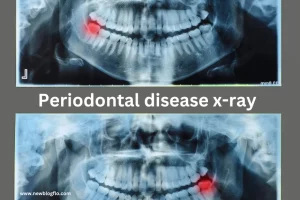Understand: Radiation as an Antagonist
Have you been near a high-oxygen atmosphere lately? Beware! It significantly increases the formation of free radicals, thanks to the ionizing radiation present. The rise in harmful free radicals inevitably leads to DNA damage and, in turn, cancer.
Nutrition for Colon Cancer: A Gourmet Guide

Speaking of antioxidants and breast cancer, colon cancer patients too must align their diet accordingly. While there’s no silver bullet, studies suggest that foods rich in antioxidants can potentially aid in treatment. These dietary changes can significantly reduce the risk or slow the progression of this disease.
Why Must We Applaud the Antioxidants?
Cherries, berries, and apples, oh my! Fruits offer an excellent source of antioxidants, apart from their delicious taste. So, next time you reach out for a snack, remember to pick a nutritious one packed with antioxidants. For your body, it’s more like a shield, keeping illnesses at bay.
Chapter about alpha-lipoic acid and Its Bond with Breast Cancer
Eyes widen at the mention of alpha-lipoic acid, a mighty antioxidant. Significant research is being churned out to study how this compound reacts with breast cancer cells. It’s yet to be proven as a remedy, but its potential cannot be sidelined.
Alpha-lipoic acid (ALA), an antioxidant and key player in oxidative metabolism, has potential healing effects in reducing breast cancer cell spread. A review found that ALA has preventive properties for the formation of the insulin-like growth factor-1 receptor, which promotes breast tumor development and growth in both positive and negative cells.
This is achieved by diminishing the action of furin, a convertase crucial in IGF-1R maturation. Although ALA’s therapeutic advantages also extend to non-cancerous ailments including diabetes, atherosclerosis, and neurological illnesses, its impact on breast cancer offers reassuring signs in the struggle against this pervasive illness.
However, the precise pathways through which ALA exerts its anti-cancer benefits are yet unknown, necessitating more study.
When considering nutritional supplements as a component of a treatment plan, it is imperative to speak with a medical practitioner.





